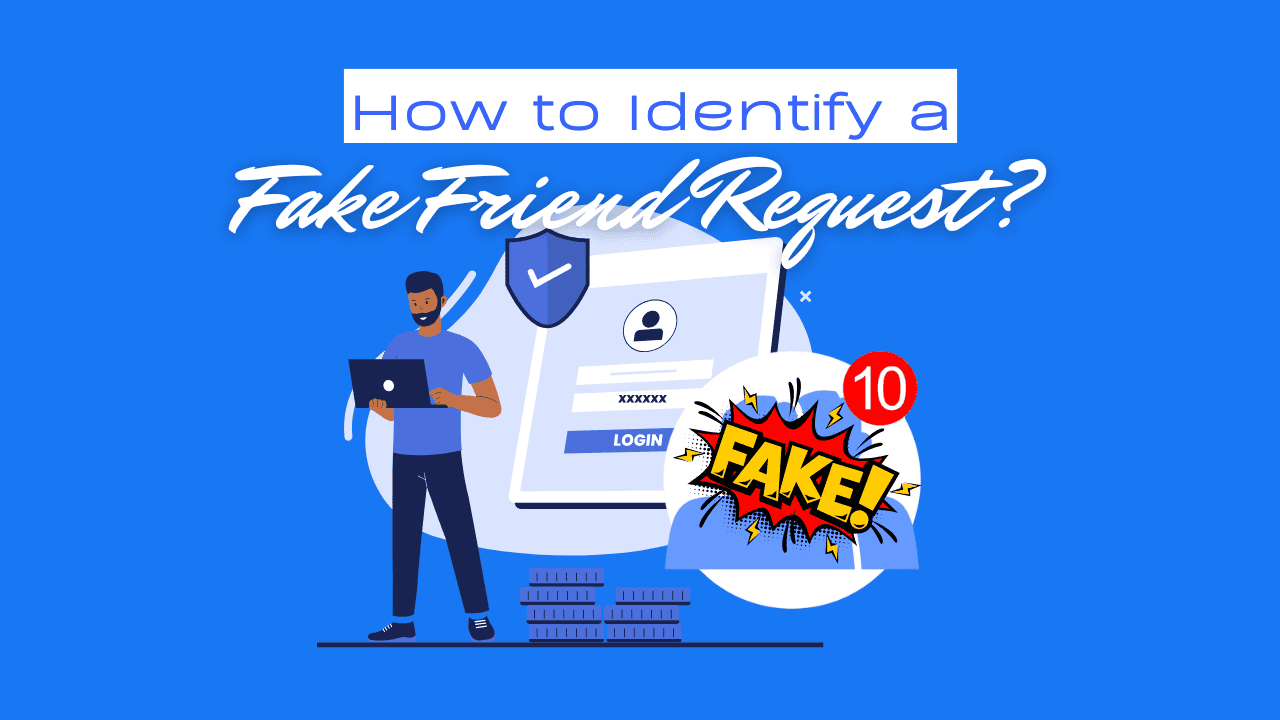In today’s digital age, social media platforms like Facebook are an integral part of how we connect and share our lives with others. However, with the rise of fake profiles, receiving a fake friend request has become a common experience that users are trying to deal with and learn how to Identify a Fake Friend Request. These requests often originate from scammers, catfishers, or other malicious individuals who aim to exploit your personal information, infiltrate your network, or spread harmful links. At first glance, some fake profiles may seem harmless, but accepting them can open the door to significant risks such as identity theft, phishing attacks, malware infections, or even emotional manipulation.
Understanding why people create fake profiles, recognizing the warning signs of a fake friend request, and knowing how to respond are crucial steps in protecting your privacy and maintaining a secure online environment. By staying informed and cautious, you can enjoy the benefits of social media without falling victim to those who misuse it.
Let’s get started!
Why Do People Send Fake Friend Requests?

Fake Facebook friend requests can happen for various reasons—some benign, others harmful. Here’s a look at the common motivations behind them:
1. Scammers
Scammers use fake profiles to gain access to personal details that are visible only to friends. This could include your contact information for spamming or sensitive data they can exploit for phishing attempts.
2. Malicious Link Spreaders
Attackers may send friend requests to share harmful links that appear in your newsfeed after acceptance. These links often lead to malware downloads or phishing websites designed to steal your information.
3. Catfishers
Catfishers, often featured on shows like Catfish, create fake profiles using photos of attractive individuals to lure potential victims. Their goal might be to manipulate emotions or commit financial fraud, and they typically send requests in bulk until someone takes the bait.
4. Former Partners
If a breakup results in you unfriending an ex, they might attempt to regain access to your profile by creating a fake account and sending you a friend request under a different name.
5. Suspicious Current Partners
A spouse or significant other may use a fake profile with an attractive photo to test your loyalty. If you engage with flirty messages or posts, they might document this as evidence for future use.
6. Private Investigators
Private investigators sometimes use fake profiles to access information that you’ve restricted to friends only. This could include personal details they need for their investigations.

